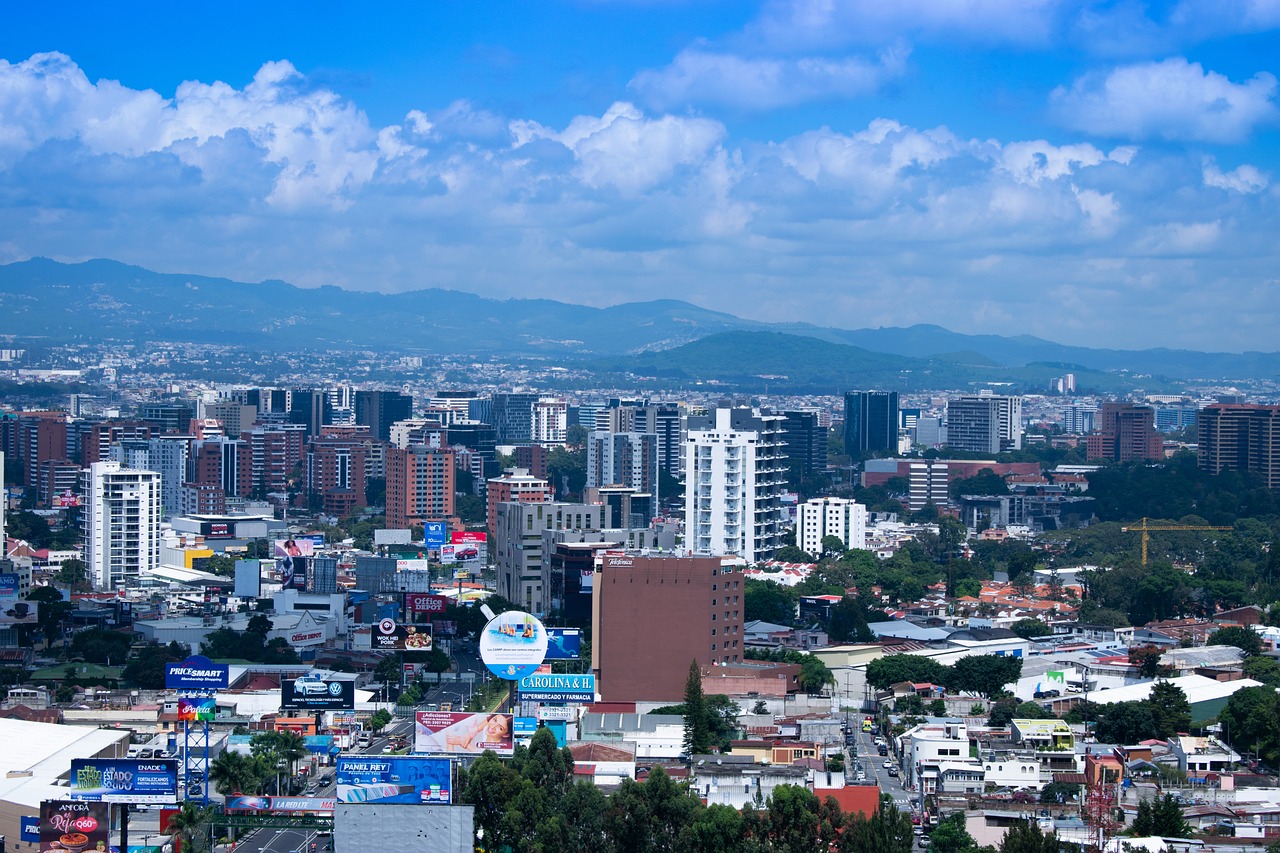The United Nations is urging Guatemala to immediately halt its “violent and inhumane” evictions as legal and humanitarian crises deepen in the country. Balakrishan Rajagopal, the UN Special Rapporteur, raised concerns on October 20, 2023, that these evictions violate international law and result in severe human rights abuses.
During forced evictions, houses are reportedly burned down, along with food crops and personal possessions belonging to some of the country’s most vulnerable populations. Rajagopal emphasized that such actions amount to “cruel and inhuman treatment” and are particularly harmful to Indigenous and rural communities.
Impact of Evictions on Vulnerable Communities
Rajagopal highlighted alarming practices during evictions, including the lack of opportunity for residents to present evidence of land ownership, inadequate prior notice, and no chance to salvage essential crops and belongings. He stressed that these violations are rooted in Guatemala’s unresolved history of colonial land dispossession and the ongoing failure to legally recognize Indigenous land ownership.
“The current situation is a stark reminder of the need for urgent action,” Rajagopal stated. “While the Guatemalan government has taken some positive steps, a coordinated effort involving the Executive, Legislature, and Judiciary is essential to address these significant challenges.”
This call for intervention comes as Guatemala grapples with numerous crises, including widespread land dispossession and a worsening water scarcity. According to a recent report by Human Rights Watch, nearly half of Guatemala’s population lacks reliable access to clean water, despite the country possessing more freshwater per capita than the global average.
Political Interference and Judicial Independence
The humanitarian situation is further complicated by what Rajagopal described as a “disturbing pattern” of political interference in Guatemala’s justice system. This has raised concerns about the independence of the judiciary, making it increasingly difficult to address the issues surrounding land rights and access to resources.
While the Guatemalan government has shown some willingness to engage in dialogue, Rajagopal’s remarks underscore the urgent need for a comprehensive approach. He called for the full participation and consultation of Indigenous Peoples and other affected communities in any ongoing efforts to reform land ownership policies.
As the situation develops, the focus remains on the critical need for collaboration among government sectors and the affected communities to create sustainable solutions that respect human rights and address historical injustices.
